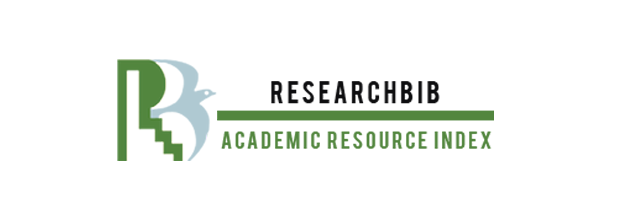کتاب الزہد از عبد اللہ بن مبارک کا منہج و اسلوب : ایک تجزیاتی مطالعہ
The Methodology and Style of “Kitāb ul Zūhād” by Abdullah bin Mubarik: An Analytical Study
Keywords:
asceticism, degrees of asceticism, fear of God, self-purification, materialismAbstract
For the complete education and training of human beings and the success of this world and the hereafter, Allah Almighty established a system of inspired books and scriptures, revelation and non-revelation, and the sending of prophets. Which his chosen servants paid with their lives of which the name of Abdullah bin Mubarak is at the top and his book "Al-Zuhd wal Al-Raqaiq" is a practical proof of his efforts, the introductory study of which will be presented in this paper. Pointing to the decline of piety, the meaning of piety, the degrees and means of attaining piety Sources such as death and after-death, God-fearing, perfect obedience. Their self-purification, inner training, reforming methods are very important for the reformation of the Muslim Ummah and the growth of spirituality in the present era. Descriptive, narrative, analytical approach to research is adopted, mostly drawn from primary sources on the subject. By the introductory study of this rare creation of "al-Zuhd", the general reader, research students will not only be introduced, but also the Muhadditheen will be encouraged to adopt the most careful approach of the righteous Salaf in the derivation and transmission of hadith.








